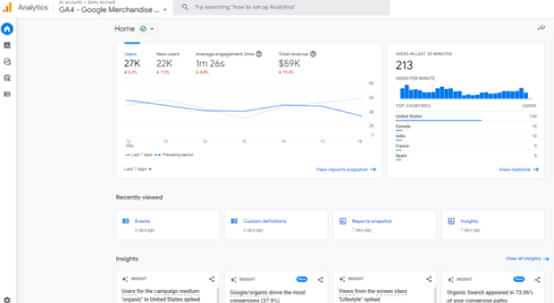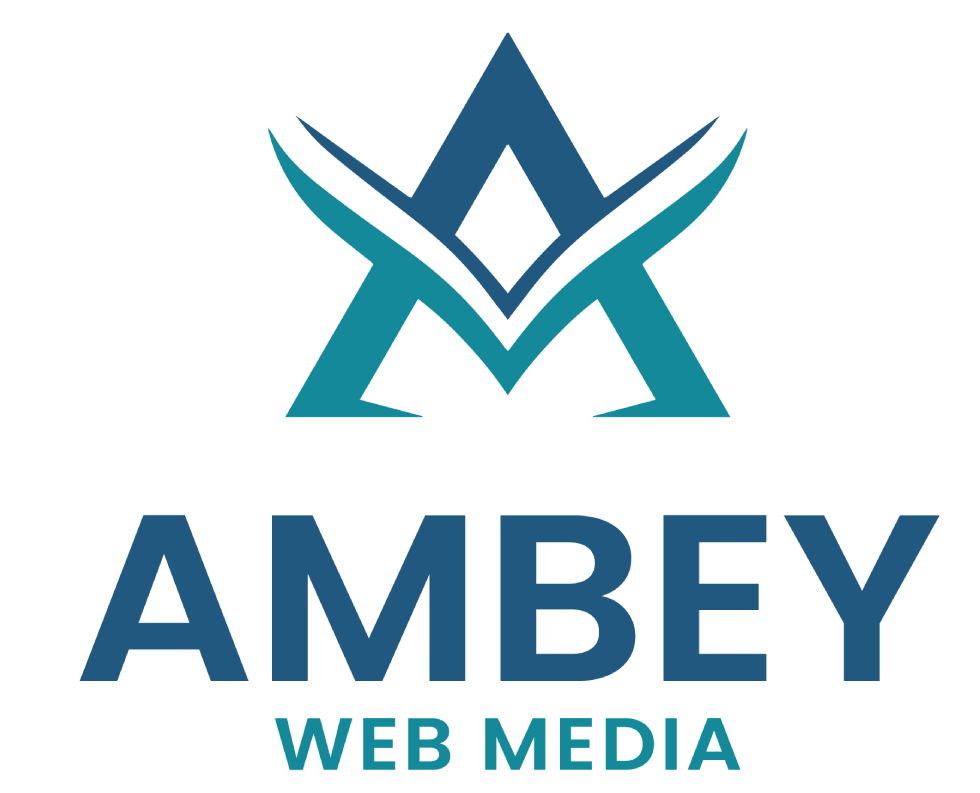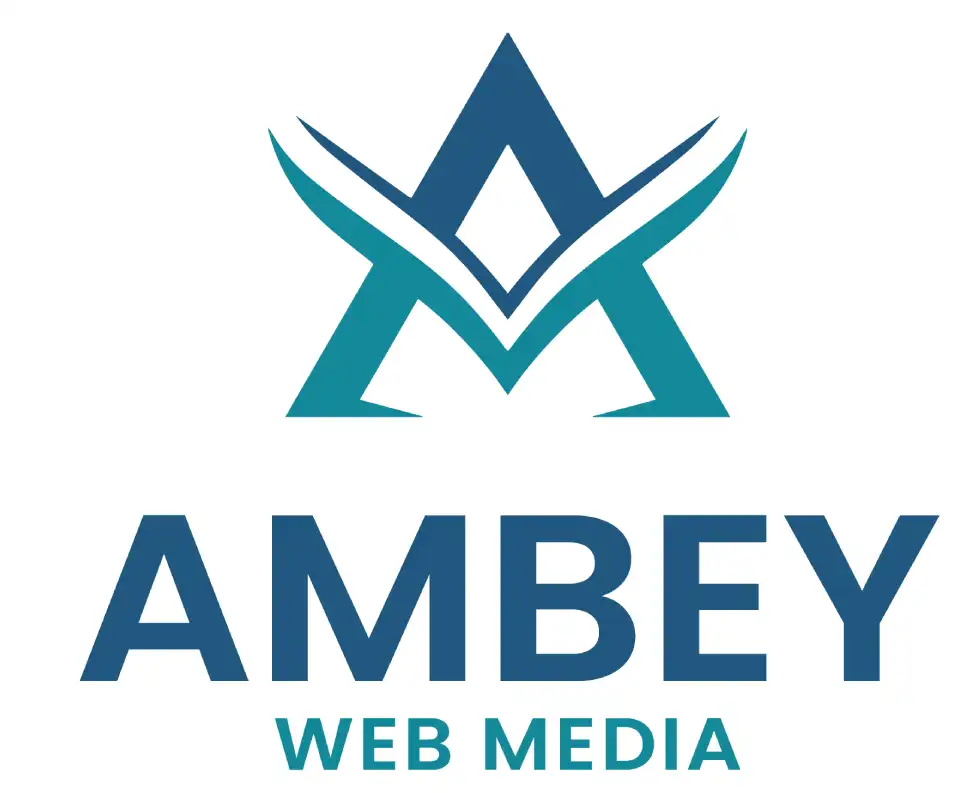Why SEO is Still Relevant in the Age of AI?

In 2025, artificial intelligence (AI) is reshaping the way businesses connect with customers. From AI-generated content to voice assistants and predictive algorithms, digital marketing has become more automated than ever. So, with all this innovation, some business owners wonder — “Is SEO still relevant?”
The answer is simple: Yes, more than ever.
While AI is transforming how users interact with content, SEO continues to be the backbone of online visibility. It’s not outdated — it’s evolving.
This blog explores why SEO remains a powerful, necessary tool in the age of AI — and how small and mid-sized businesses can benefit by embracing both.
SEO & AI: Not Rivals, But a Perfect Pair

AI has not replaced SEO — it has enhanced it. With smarter algorithms, AI actually rewards websites that follow genuine, helpful, and well-structured SEO practices. In fact, search engines like Google now use machine learning models (e.g., RankBrain, and BERT) to deliver better search results
Let’s break it down:
| Aspect | AI Influence | SEO’s Role |
|---|---|---|
| Content Understanding | AI reads search intent and context better | SEO helps structure content clearly and meaningfully |
| Voice & Visual Search | AI powers voice assistants and image search | SEO uses schema, alt text, and long-tail keywords |
| User Experience (UX) | AI prioritizes fast, mobile-friendly, engaging pages | SEO optimizes site speed, design, and navigation |
| Personalization | AI delivers results based on user behavior | SEO adapts content for targeted demographics |
Why SEO Is Still Essential in the AI Era?

1. AI Still Needs Optimized Content to Work With
AI can process and understand content — but only if it’s structured properly. Poorly optimized websites will still fail to rank, even in an AI-first world.
That’s where traditional SEO techniques still play a vital role:
- Title tags and meta descriptions tell AI what each page is about
- Internal linking helps search engines crawl your site better
- Keywords guide content relevance for user searches
In short: AI can’t “guess” your value — SEO makes it clear.
2. Search Intent is King, and SEO Aligns With It
Google no longer ranks pages just by keyword matching. It now focuses on user intent — what the searcher is really looking for. Good SEO in 2025 means writing intent-focused content, optimized for people, not just bots.
For example:
If someone searches “best car rental Jaipur,” they might want pricing, availability, or customer reviews. A well-optimized page that provides all three is more likely to rank — thanks to SEO strategy, not just AI.
3. Voice Search Is Rising — and SEO Powers It
With the popularity of Siri, Alexa, and Google Assistant, voice search is booming. Voice queries are longer and more conversational — and only SEO-optimized content that answers those queries can rank for them.
Voice-SEO Techniques:
- Use natural language & long-tail keywords
- Add FAQ sections with question-based answers
- Optimize for local search (e.g., “near me” queries)
4. AI Relies on Structured Data — SEO Delivers It
Search engines now rely on schema markup, a form of structured data, to understand content better.
This helps show:
Featured snippets
Review stars
FAQs in results
Event dates and local info
Without implementing these through SEO, AI won’t display your content attractively — and that means lower clicks and traffic.
5. AI Can’t Replace Human-Centric SEO Strategy
AI can generate content, suggest keywords, and analyze performance — but it cannot replace human strategy.
SEO experts still need to
- Understand your industry
- Research competitors
- Build relevant backlinks
- Craft authentic brand messaging
Think of AI as a powerful assistant, but not the decision-maker. SEO professionals ensure that strategy aligns with real-world goals.
SEO in 2025: What Has Changed?

The core principles of SEO remain strong — but execution now requires more depth. Here’s what has evolved:
| Then (2020) | Now (2025) |
|---|---|
| Focused on keywords | Focused on search intent and context |
| Short-form blog content | Long-form, value-driven content preferred |
| Manual link-building | Earned backlinks through thought leadership & trust |
| Mobile optimization recommended | Mobile-first indexing is a ranking factor |
| Basic metadata usage | Enhanced with schema and structured data |
Real-World Impact: Why It Still Works
Whether you’re a local service provider or an e-commerce startup, SEO continues to deliver:
Conclusion: AI Makes SEO Smarter — Not Obsolete
AI is changing digital behavior, but SEO remains the foundation of visibility, credibility, and organic growth. The smarter AI gets, the more important intent-based, user-friendly SEO becomes.
If you’re a small or mid-sized business, now is the perfect time to invest in SEO that adapts with AI, not against it. Let Ambey Web Media help your business stay ahead of search trends in 2025. From on-page optimization and content planning to local SEO and structured data — we’ve got everything covered.
Trending & Latest Updates





